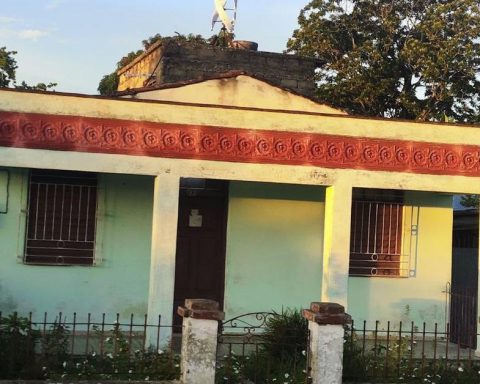The Social Security Institute (IPS) has implemented the Basic Solidarity Pension for Disability (PBSI), a benefit intended to financially support people with disabilities who are in a vulnerable situation. This subsidy The aim of this program is to provide a financial contribution of $214,264 per month to those who, due to their disability, cannot access formal employment and, therefore, lack sufficient income.
The requirements
To access this benefit, it is essential that applicants are within a specific age range, between 18 and 64 years old, and that they have a report that proves their disability status. Likewise, the PBSI is aimed at those who belong to the most vulnerable 60% of the population according to the Social Registry of Households (RSH), a system that classifies families according to their socioeconomic level. Additionally, this subsidy It is available only to people who are not entitled to a pension under any other pension scheme, since the aim is to offer financial support to those who have no other income.
The process to apply for the subsidy The application can be done online through the Mi ChileAtiende website. By entering the RUT and the Clave Única, applicants must complete an online form where their personal data and the documents necessary to prove disability are requested. In case the online procedure is complicated, there is also the option of applying in person at any ChileAtiende or IPS office, presenting the identity card and the disability report.
Payment for this subsidy It does not have a fixed date, but it is usually delivered before September 18 when it coincides with the Christmas bonus. IPSBeneficiaries can check the status of their application and consult the payment date through the same ChileAtiende portal, logging in with their RUT. The money can be received via deposit in a bank account or withdrawn at authorized branches.

This subsidy The $214,000 grant is a crucial support for people with disabilities who are part of the most vulnerable group of the Chilean population. Its implementation reinforces the government’s commitment to offer social protection and improve the quality of life of those who face greater economic difficulties due to their disability.


















